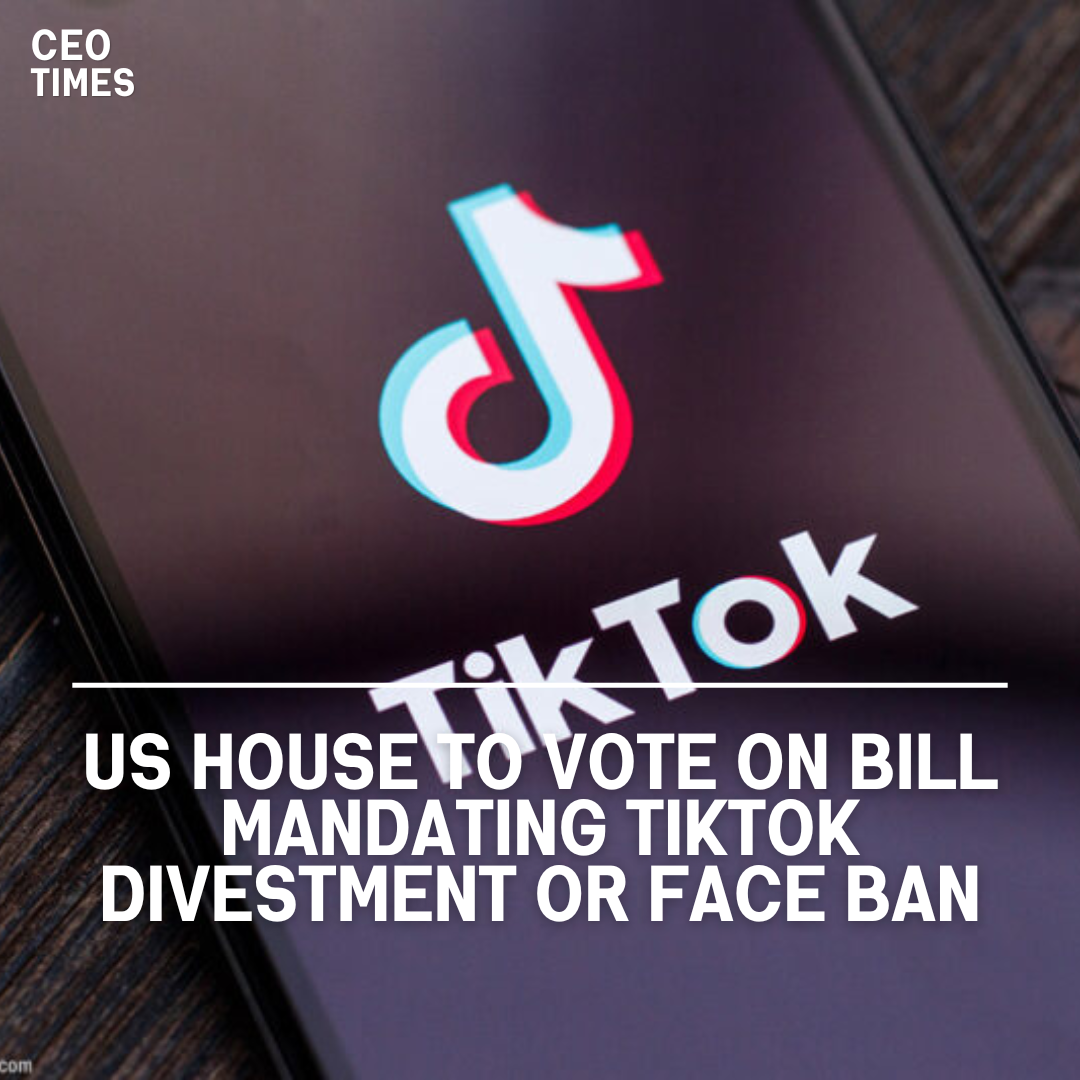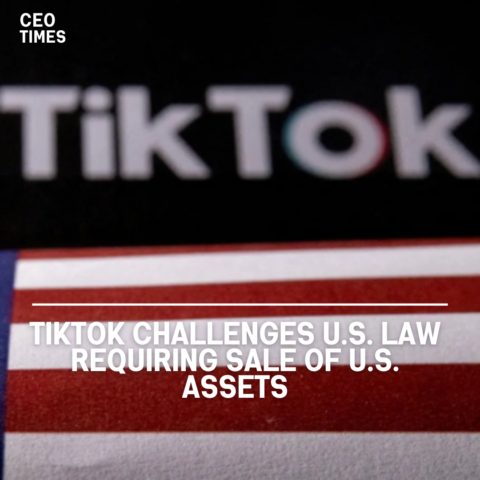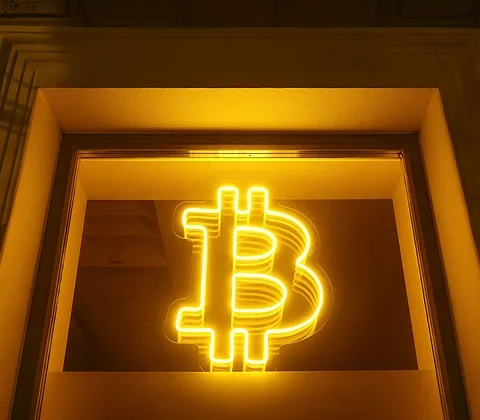The U.S. House of Representatives is poised to vote on a consequential bill that could compel ByteDance, the Chinese owner of TikTok, to divest its U.S. assets within six months or risk a ban on the widely popular short-video app.
With approximately 170 million American users, TikTok’s fate hangs in the balance as lawmakers grapple with national security concerns associated with Chinese ownership.
Legislative Timeline and Political Landscape:
The bill, slated for a vote around 10 a.m. ET (1400 GMT) follows swift legislative action after one public hearing, signaling bipartisan consensus on addressing TikTok’s ownership structure.
Despite previous congressional inertia, the bill gained traction in the wake of heightened scrutiny over China’s technological influence and data security.
Industry Implications and Regulatory Responses:
The proposed legislation represents the latest measures to mitigate U.S. national security risks from Chinese-owned entities, from advanced technologies to critical infrastructure.
While the House Energy and Commerce Committee unanimously endorsed the bill, its fate in the U.S. Senate remains uncertain, with differing viewpoints on regulating foreign-owned apps with security implications.
TikTok’s Defense and Executive Engagement:
TikTok CEO Shou Zi Chew is slated to engage with senators during a scheduled visit to Capitol Hill, underscoring the company’s proactive stance in lobbying against what it perceives as an impending ban.
TikTok vehemently opposes the legislation, framing it as an infringement on Americans’ constitutional right to free expression and urging reconsideration of the proposed measures.
Presidential Support and White House Clarification:
President Joe Biden’s endorsement of the bill underscores bipartisan consensus on addressing national security concerns linked to Chinese ownership.
However, White House national security adviser Jake Sullivan clarified that the goal is not to ban TikTok outright but to ensure American platform ownership and safeguard user data from potential exploitation.
Legal Uncertainties and Potential Challenges:
The bill’s enforcement mechanisms could prompt legal challenges from ByteDance, reminiscent of previous attempts by the Trump administration to ban TikTok, which were thwarted by judicial intervention.
Any forced divestment of TikTok’s U.S. assets would likely trigger a complex legal battle, further complicating the regulatory landscape surrounding Chinese-owned apps operating in the United States.




















